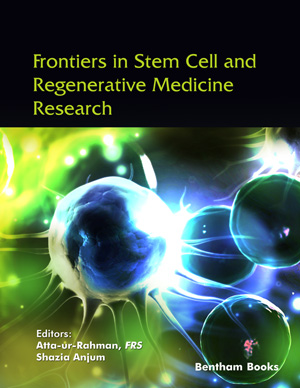Abstract
Human embryonic stem cells (hESCs) can be propagated as undifferentiated cells over multiple passages and thus offer a renewable source of a wide range of cell types for use in research and cell-based therapies. Because of the important roles of dopaminergic (DA) neurons in modulating motor control, and in particular that the selective degeneration of DA neurons in midbrain cause the neurodegenerative disorder Parkinsons disease (PD), there has been significant interest in using hESC-derived DA neurons as a source of cells for drug screening, discovery and transplant purposes. Different strategies have evolved to generate appropriately mature DA neurons that have been purified and/or enriched by one of several selection techniques. In this manuscript we discuss recent results, review the remarkable progress that has been made in the field, and compare these results with those obtained from mouse ESCs (mESCs).
Keywords: Parkinson's disease, ubiquitin, Human embryonic stem cells, Neural Progenitors, Transplantation











